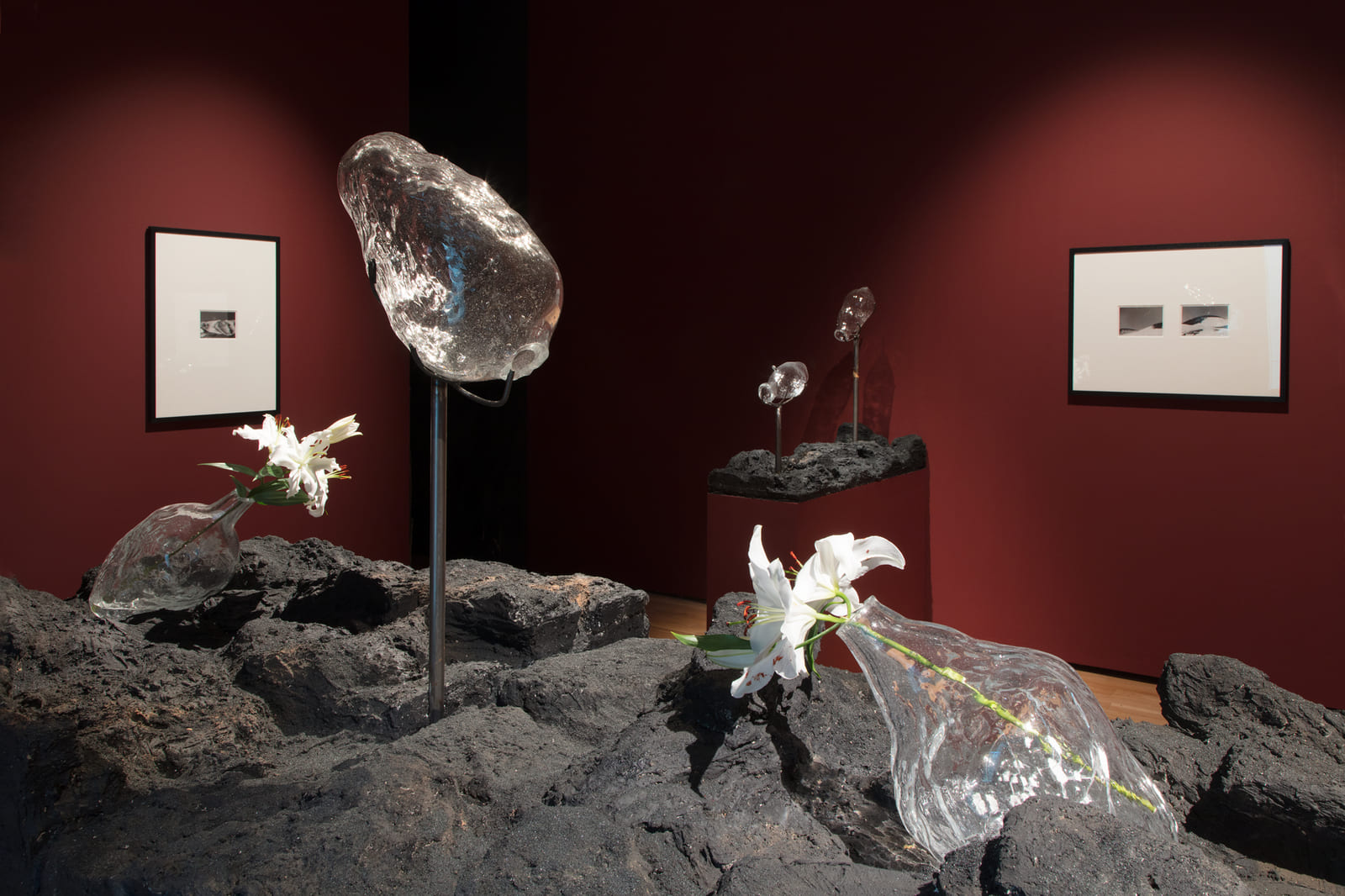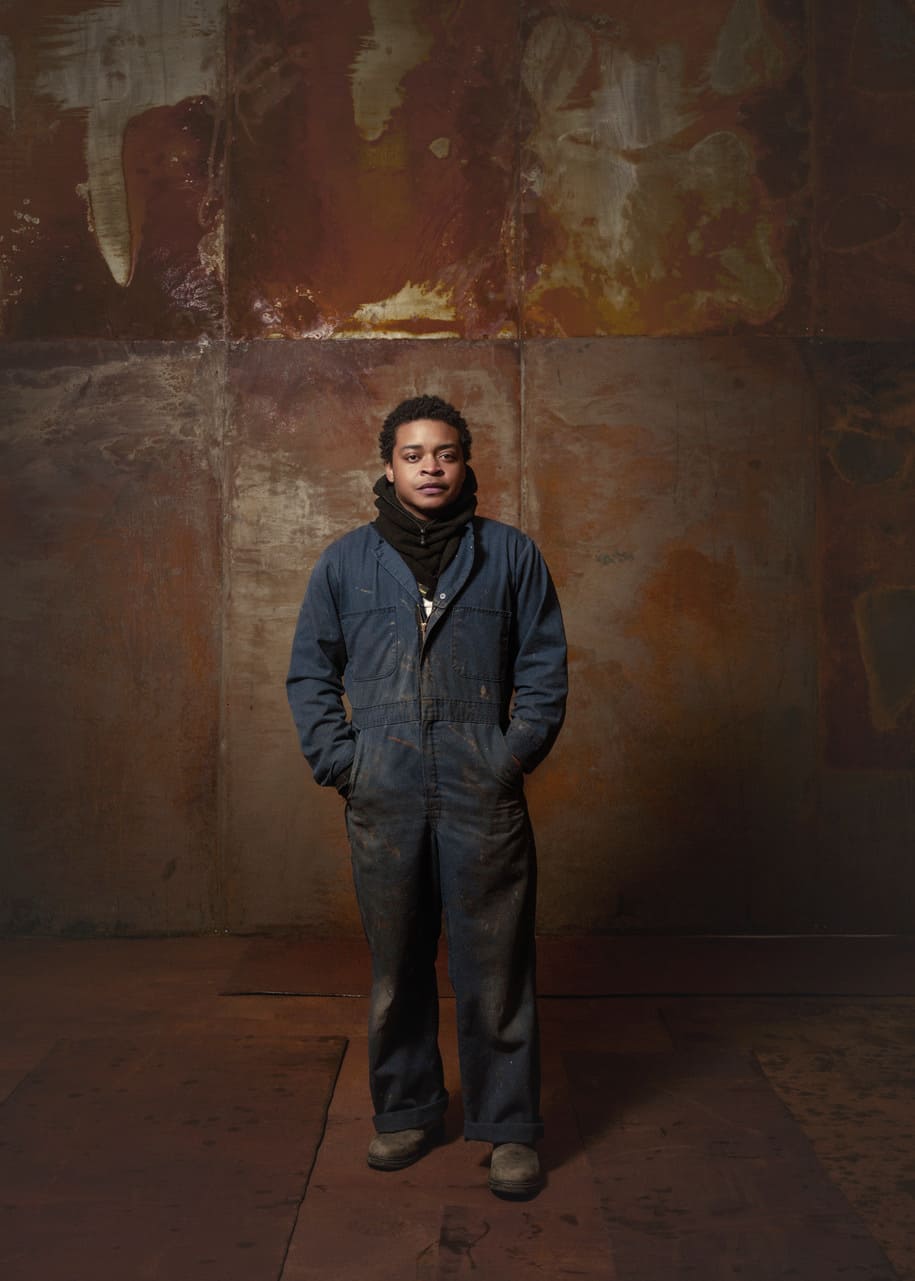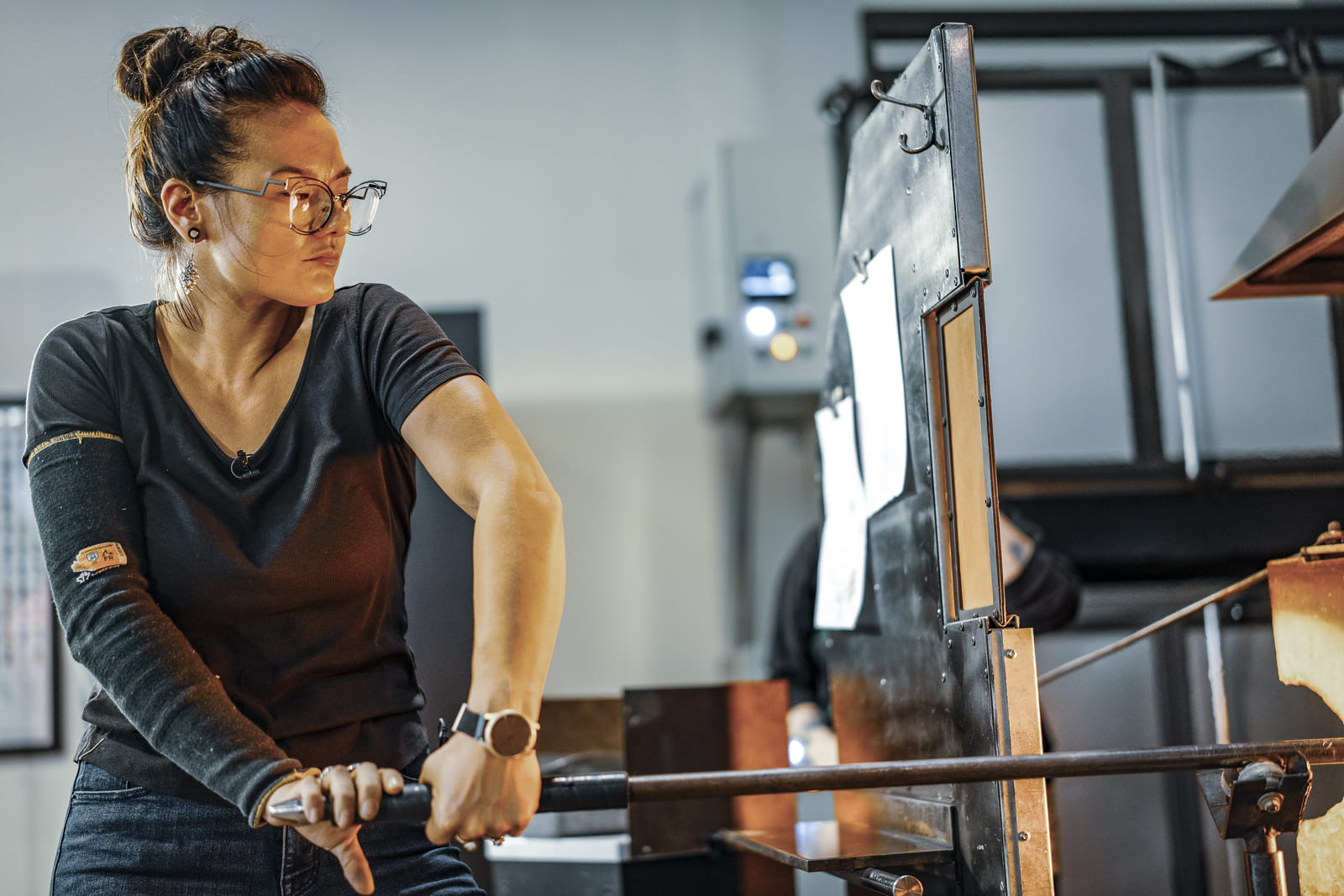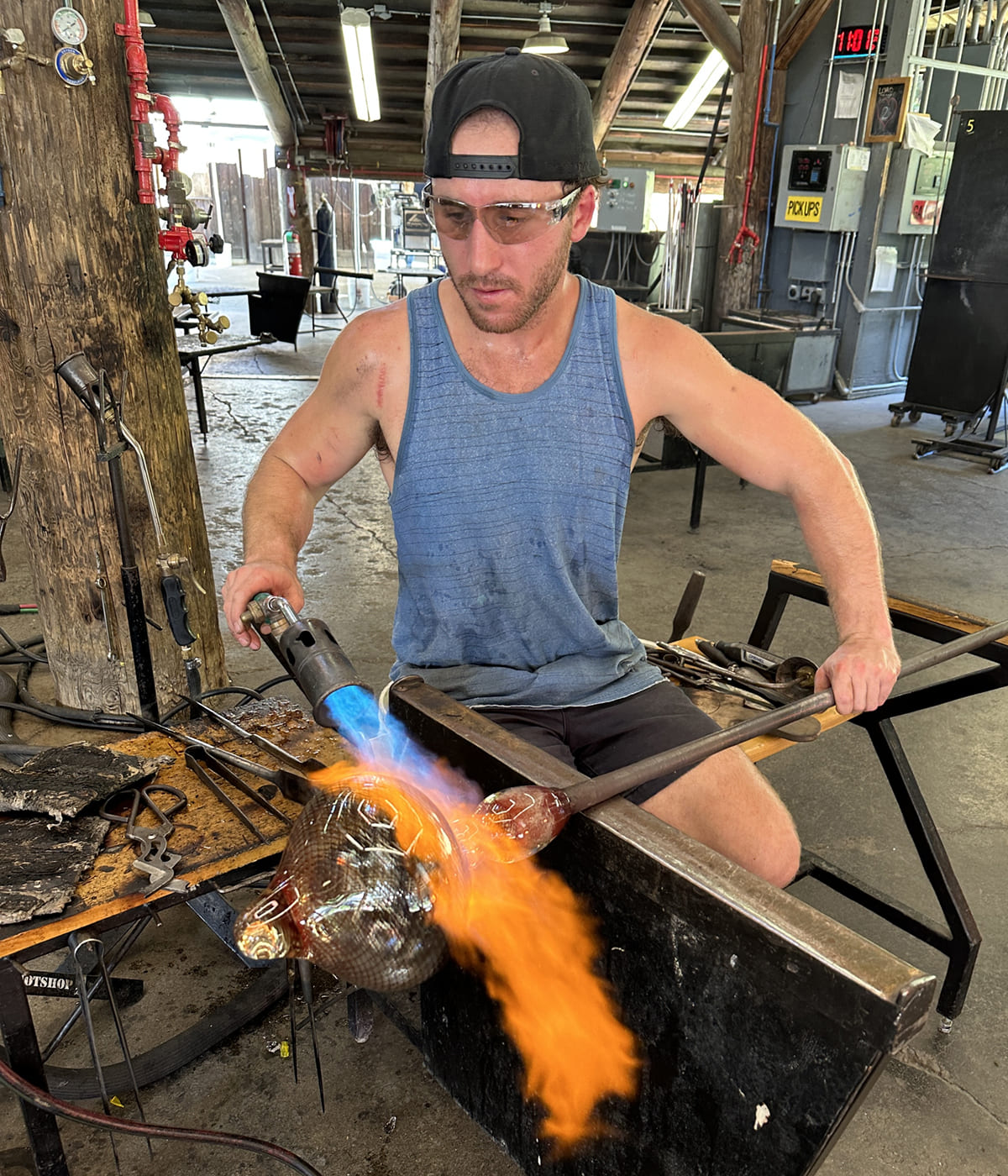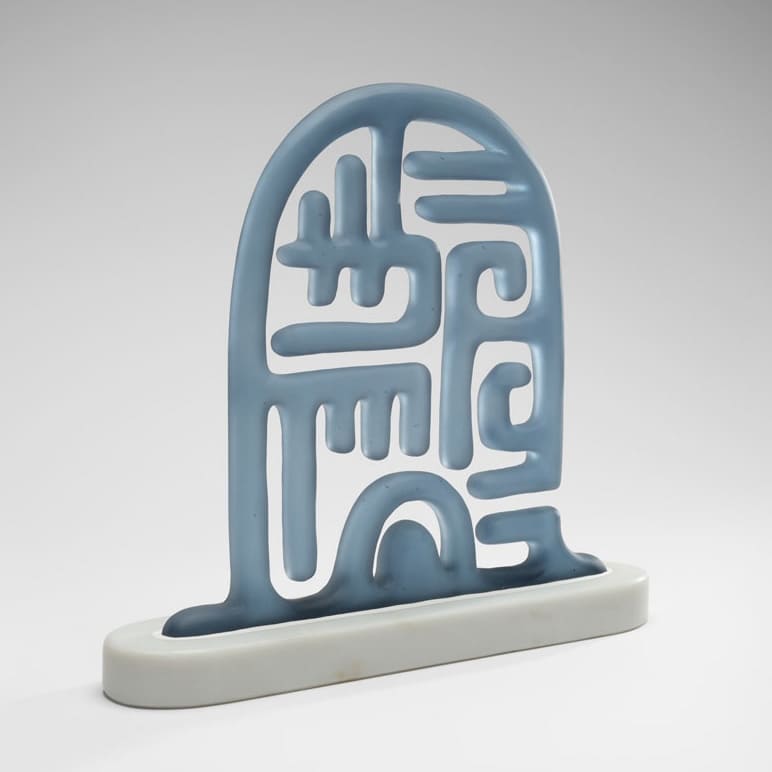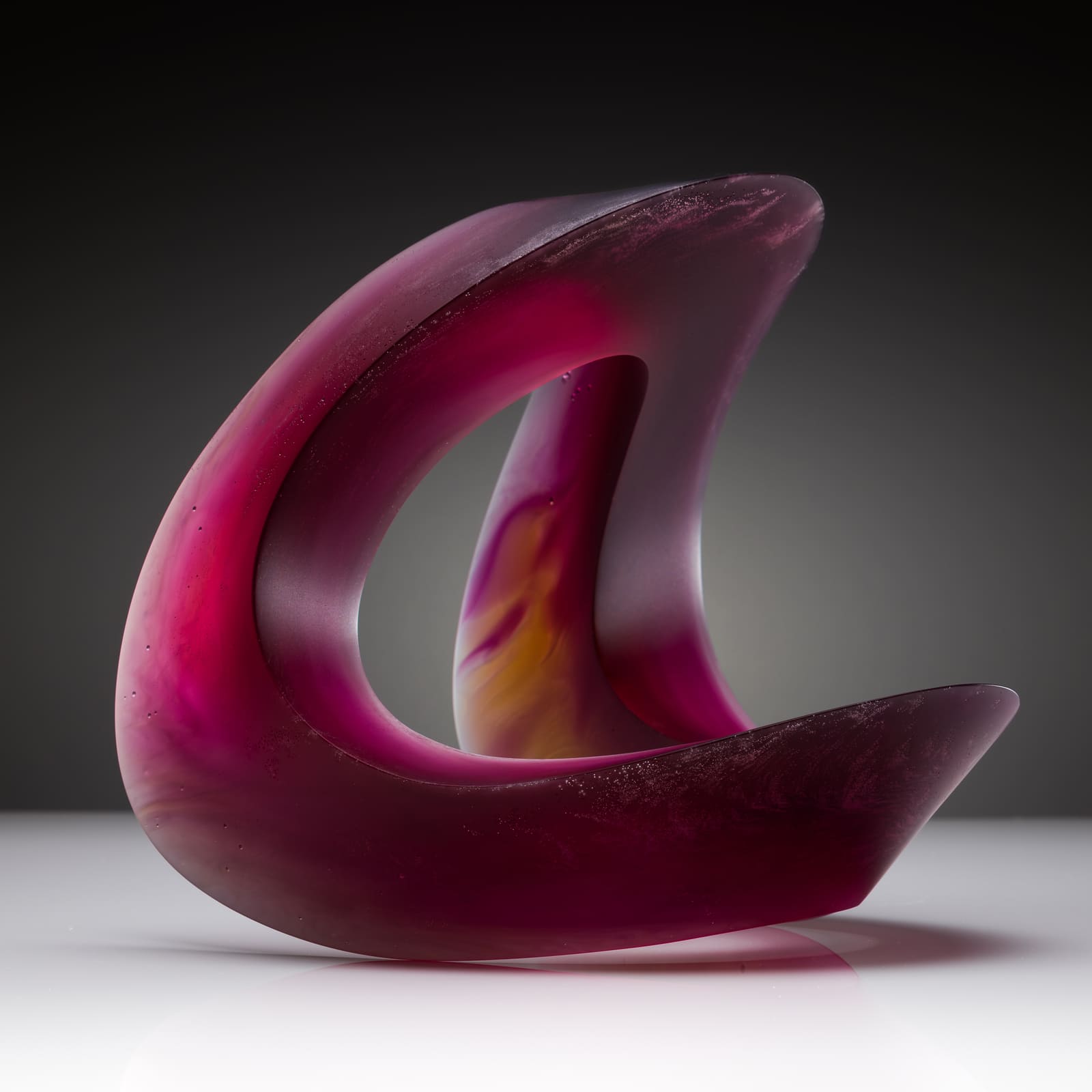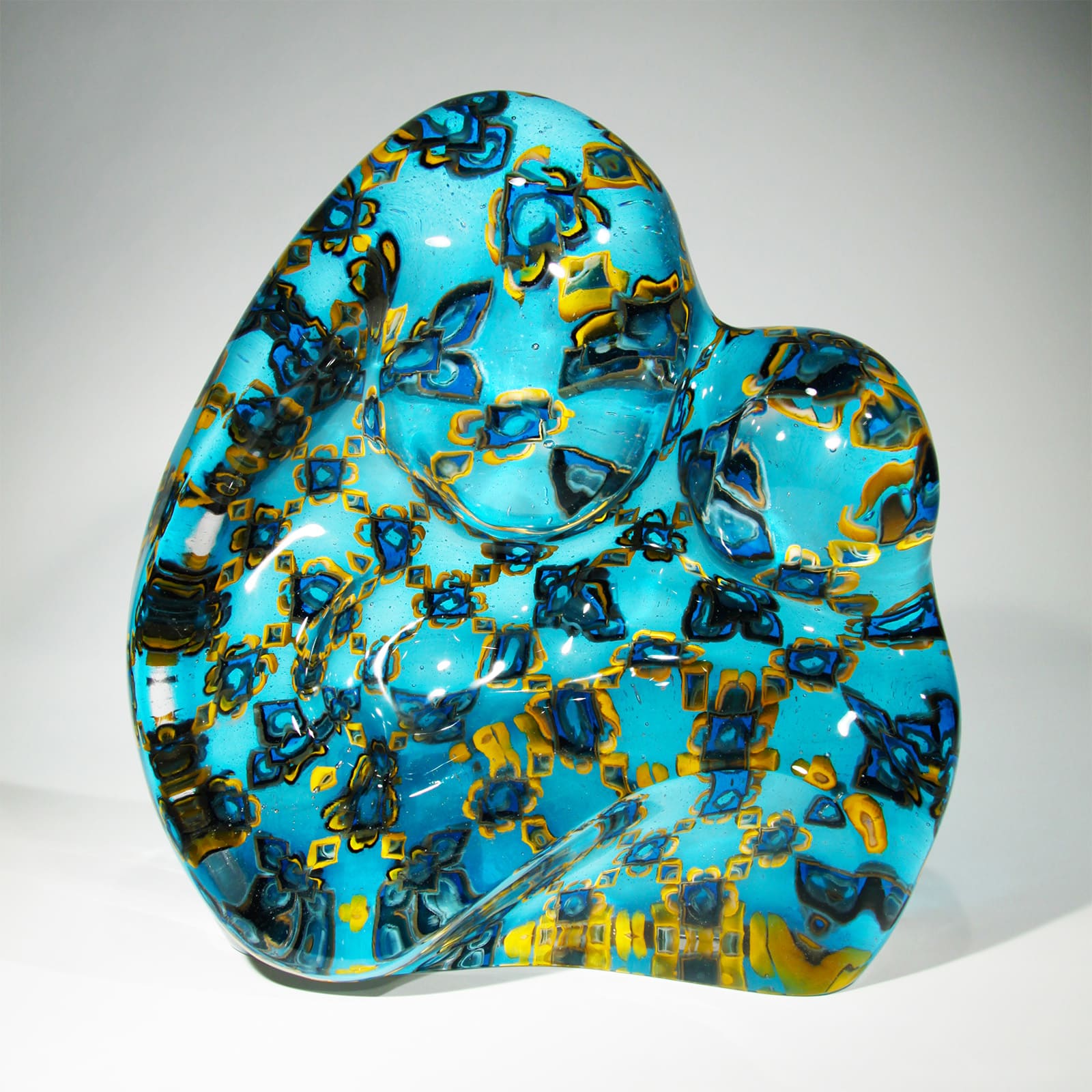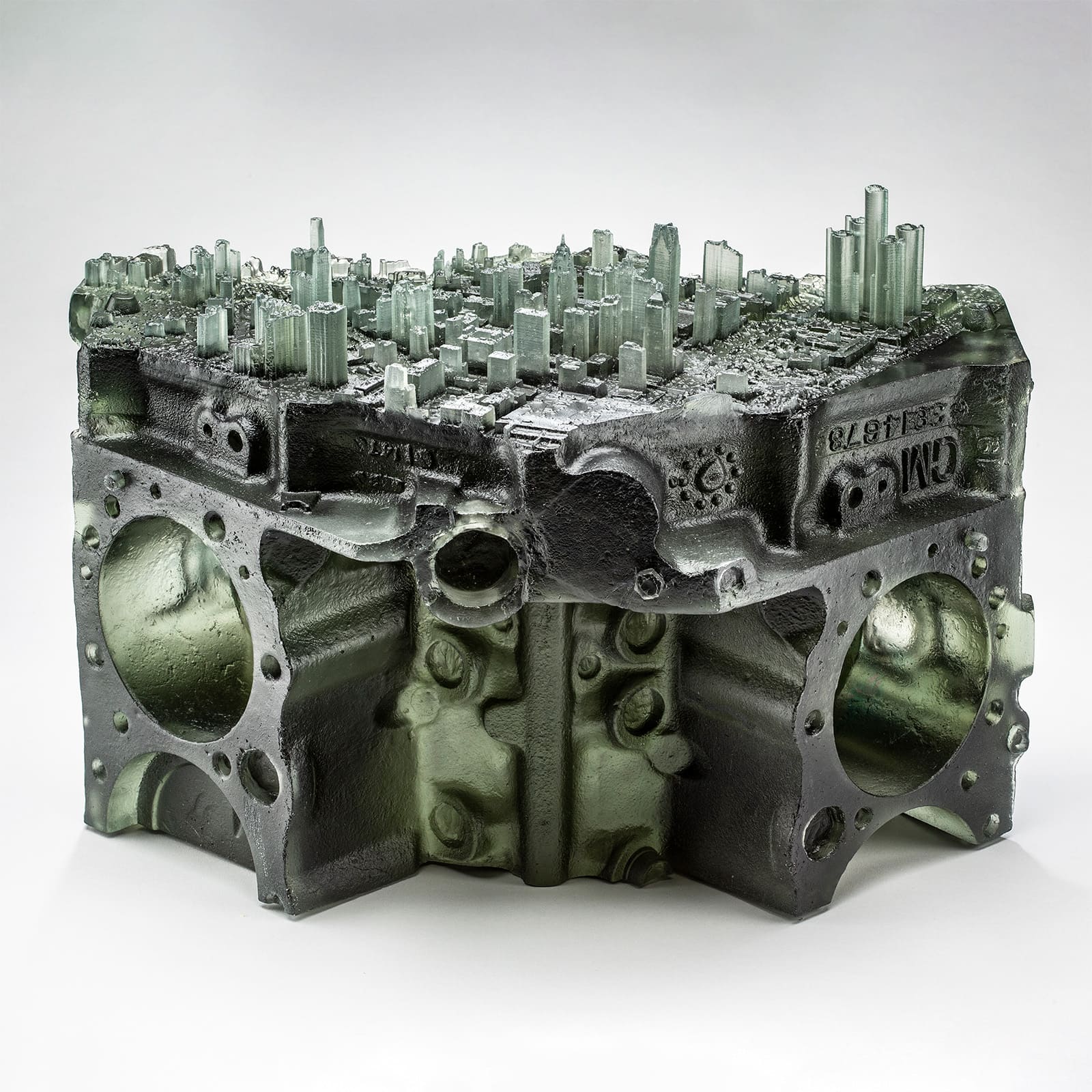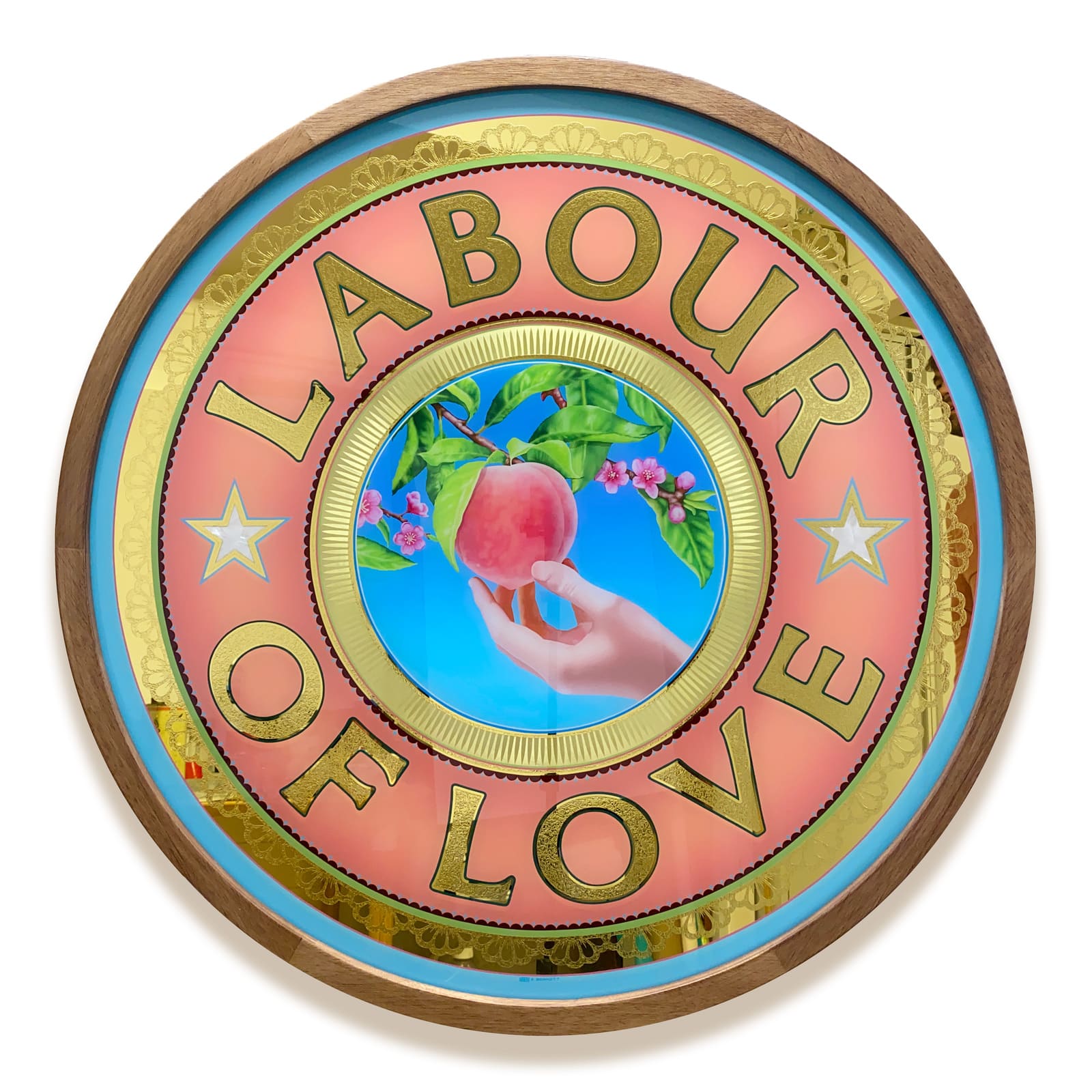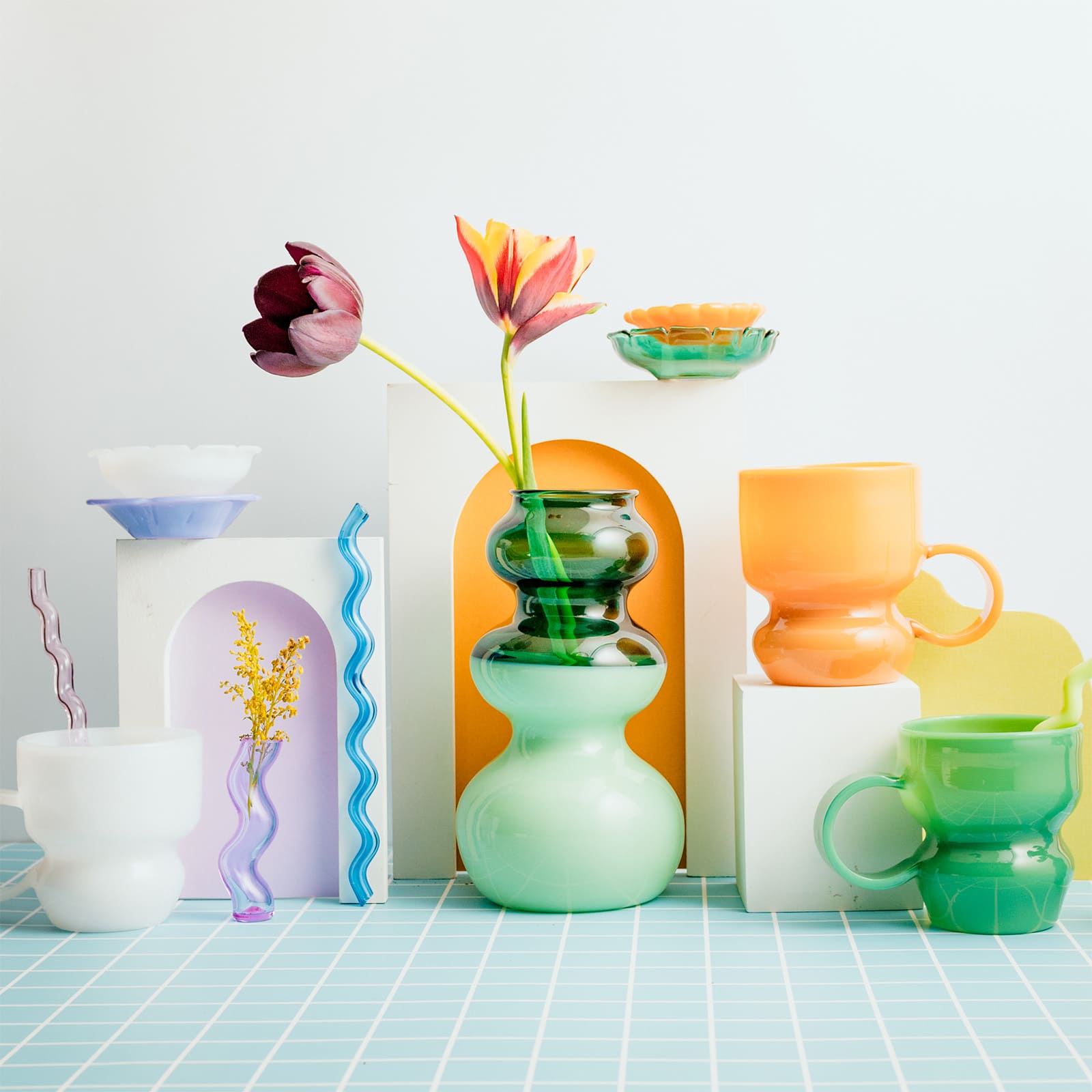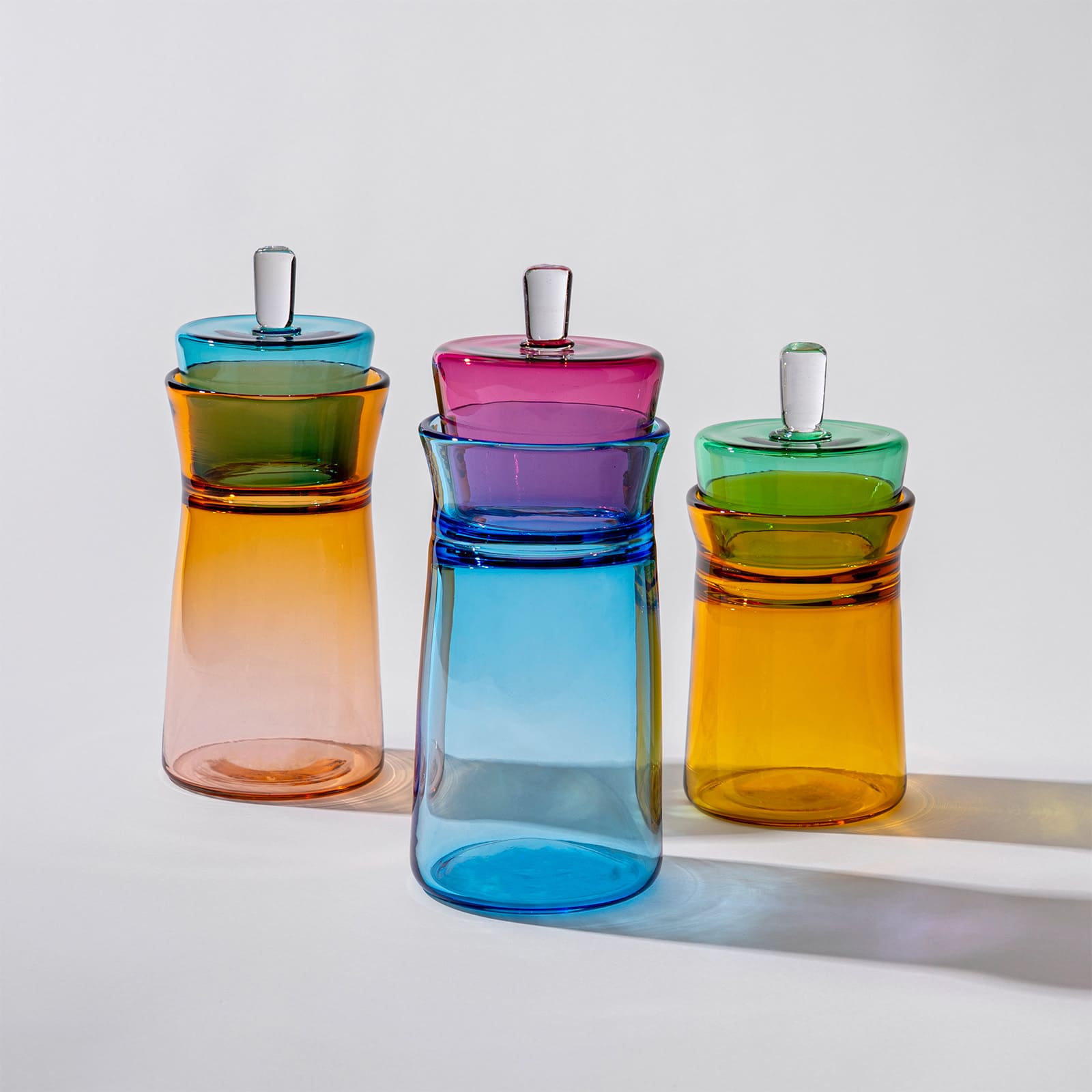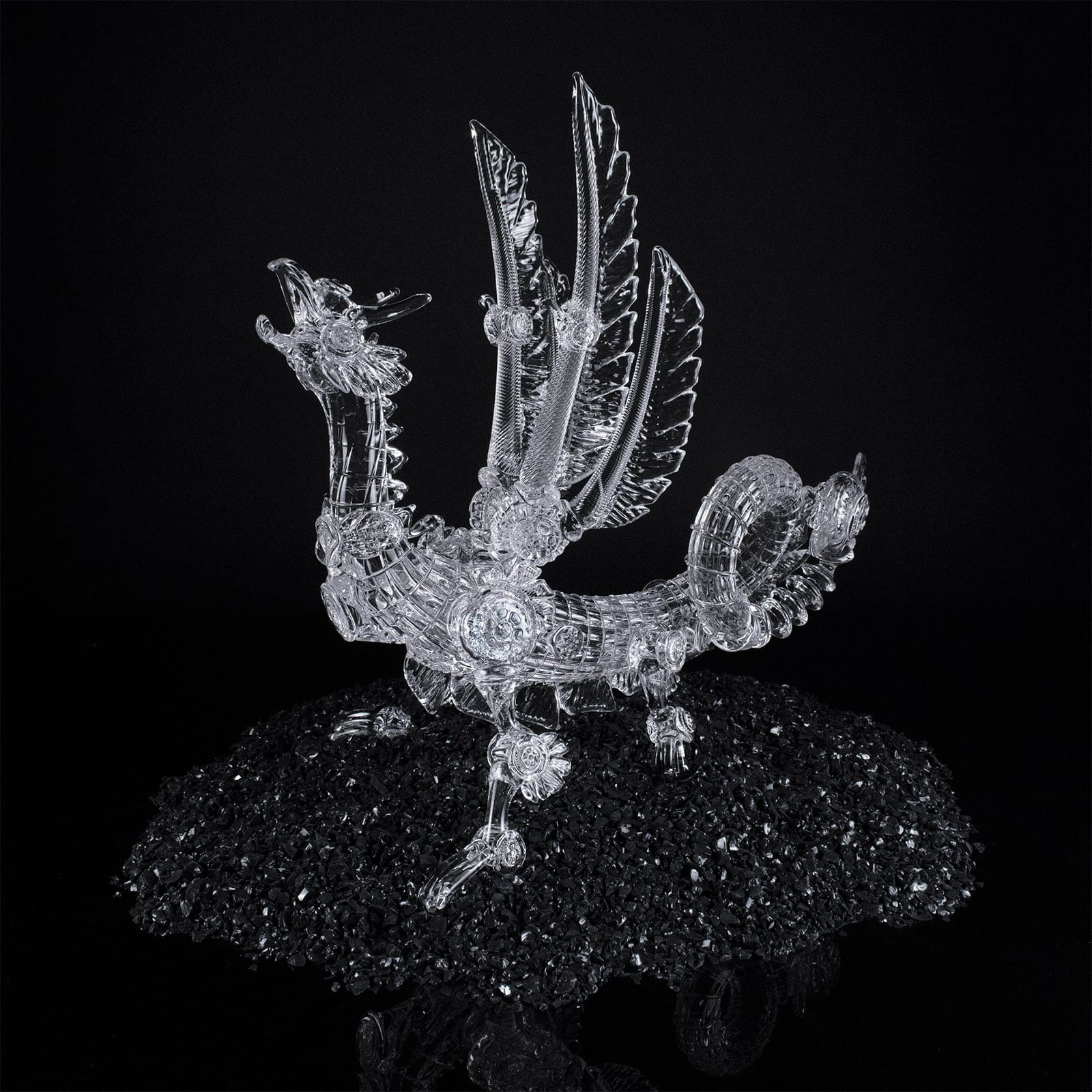
AVENGERS, ASSEMBLE!
Discover your own “toys” in a world of fantasy. Deconstruct traditional vessel forms and reimagine them as playful, sculptural, or functional objects—transforming historical references into contemporary design. Explore Medieval glassmaking and classical techniques: enhanced bit work, garage assembly, and complex decorative elements to develop innovative, one-of-a-kind creations. Through a fast-paced and efficient process, the class will refine their skills in team coordination and time management. Projects will include single-gathered forms such as cups, stemware, and creatures—all made with attention to detail and craftsmanship.
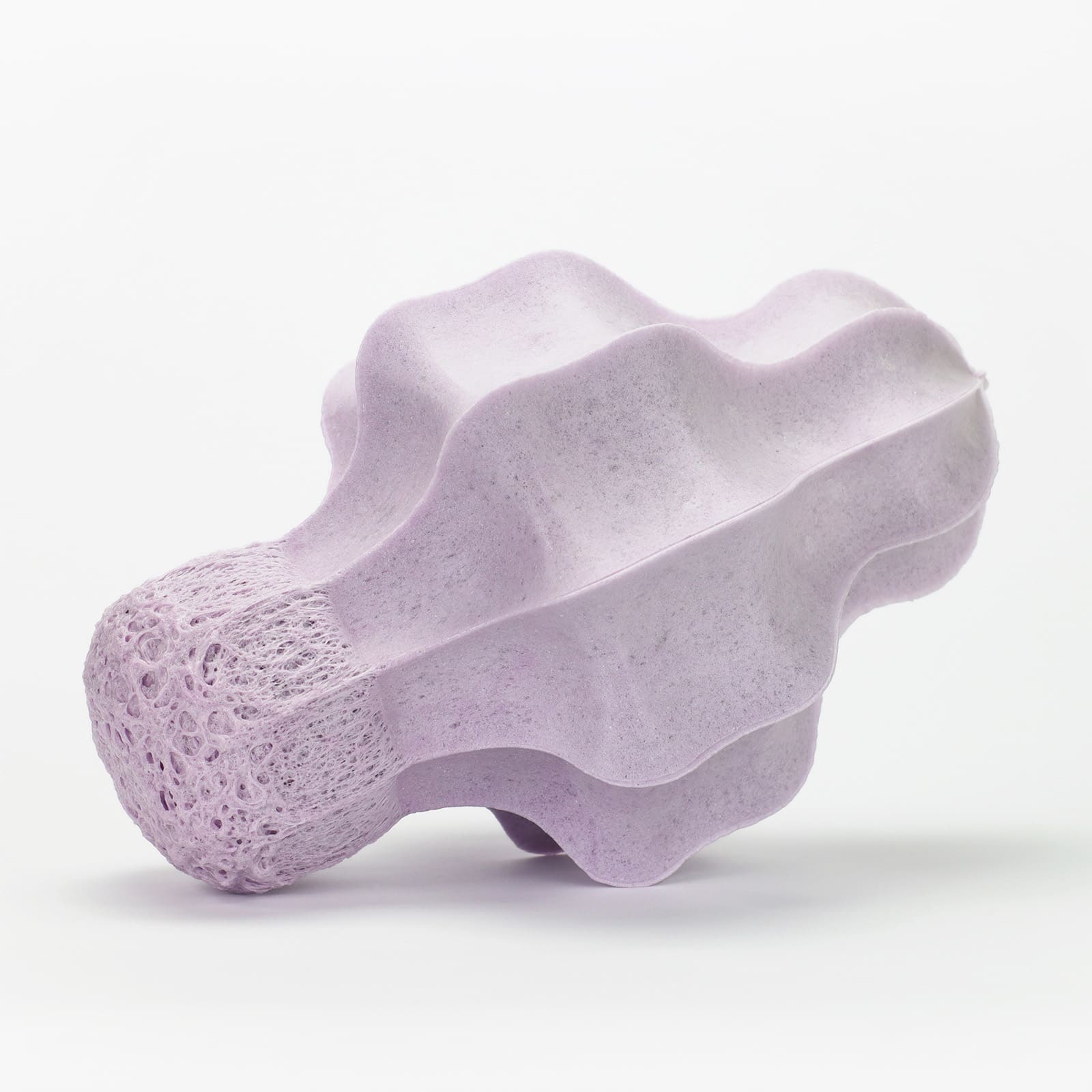
From Code to Kiln
This workshop will see students combine digital tooling with traditional and experimental kiln-glass processes. Utilizing CAD software and 3D printing, students will discover how to design and make intricate, multipart refractory molds, which will be used for kiln-forming methods such as foaming glass and Pâte de verre. In addition to designing and realising individual works, emphasis will be placed on collaborative methodologies, with students contributing to group projects. This workshop provides a focused exploration of contemporary glass practices, aimed at enhancing technical skills, challenging material understanding, and fostering innovation.
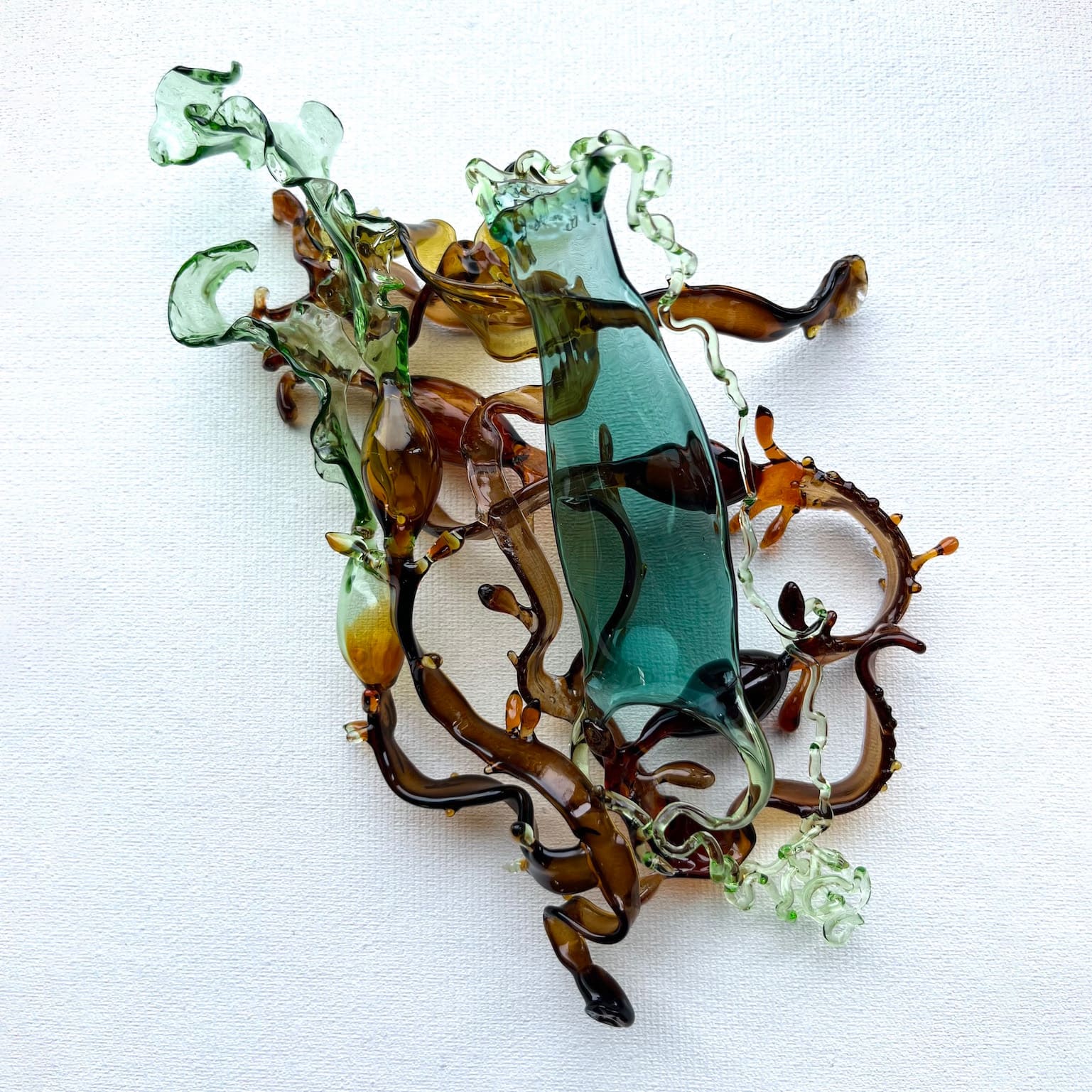
Of Loss and Light
This sculptural flameworking class invites participants to delve into themes of fragility and transformation through glass and mixed media. Drawing inspiration from personal objects, natural remnants, and forgotten fragments, we’ll reimagine ideas of absence and memory as luminous forms. Using core flameworking techniques, students will respond to the Pilchuck campus environment, creating sculptural and installation-based works that merge organic and manmade elements. Through process and reflection, participants will consider the tension between what is lost and what endures. Prior experience with borosilicate flameworking is helpful. Curiosity and a willingness to experiment are essential in uncovering beauty within what remains.
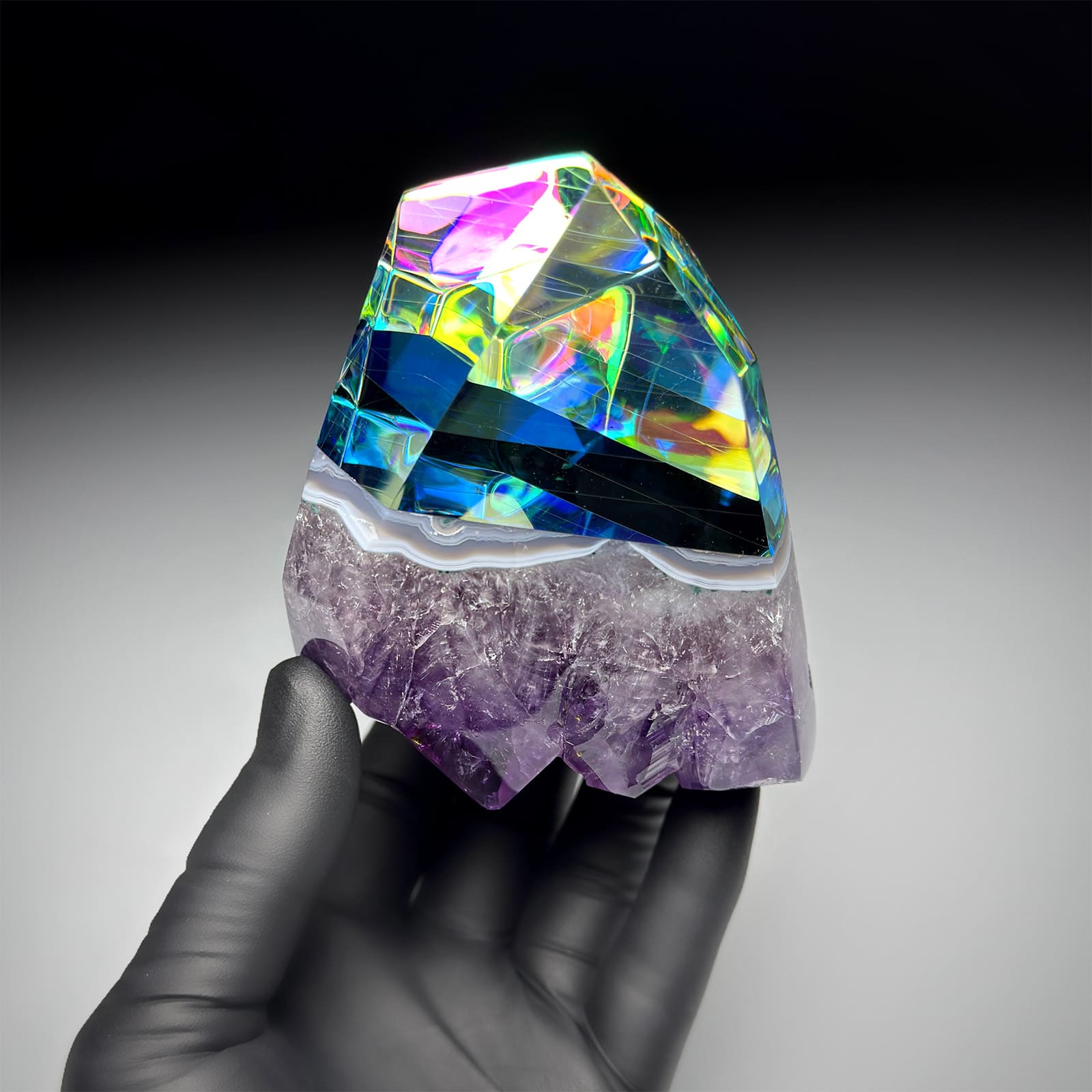
Rise and Grind
In this course, students will learn to combine glass and stone using multiple techniques, including kiln casting, cold working, and lamination. Experimentation with other materials (think found objects, sticks, metal, etc.) is encouraged—both to develop fresh narratives and test material synthesis. We’ll push to failure and then dial it back to success.
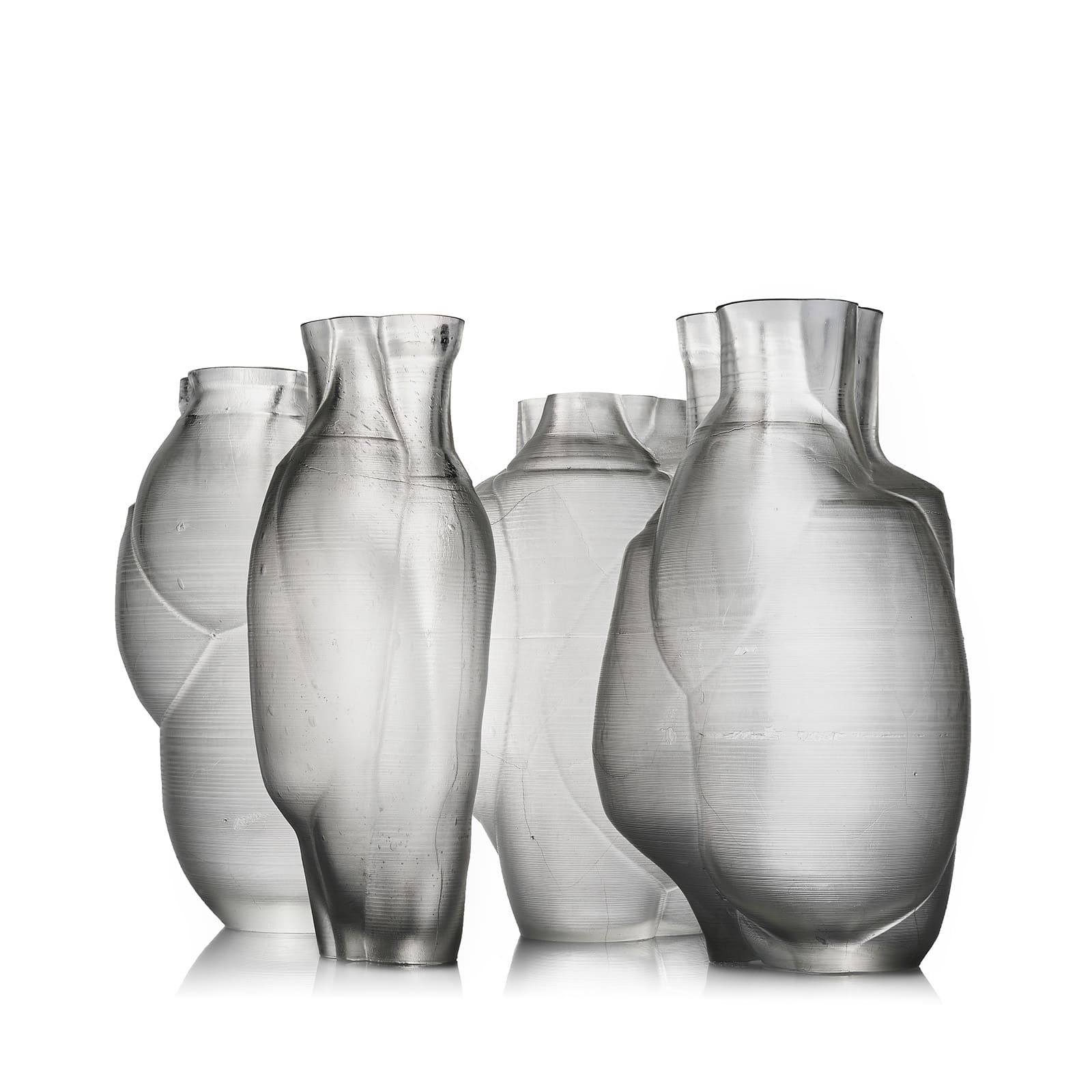
Sculptural Hot Mold Blowing
This course will explore the exceptional technique of hot mold blowing, from model making to the creation of finalized glass objects. In this multi-staged process, we will examine the aspects of plaster-silica mold-making and acknowledge the unique potential of hot mold blowing to create sculptural glass artworks. Blowing glass into heated molds challenges its surface tension, allowing the glass to capture fine details from the mold, resulting in intricate volumes and textures. We will design models that employ diverse fabrication methods, from handwork to 3D printing, and transform them into glass while discussing the connections between concepts, traditions, and techniques.
